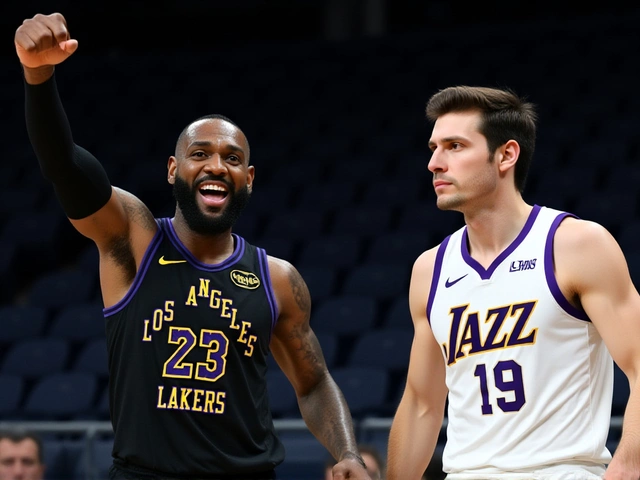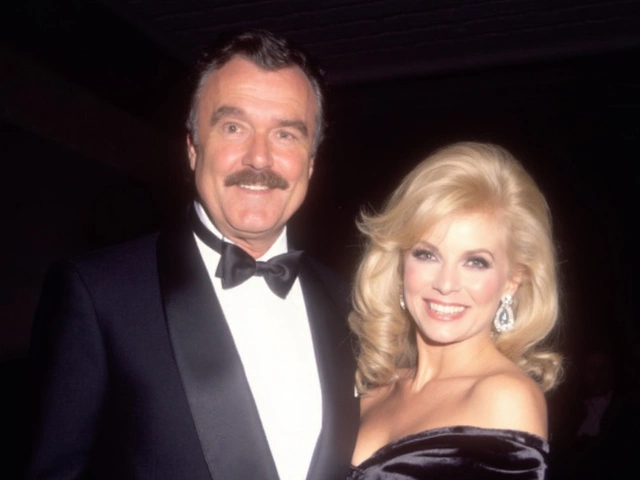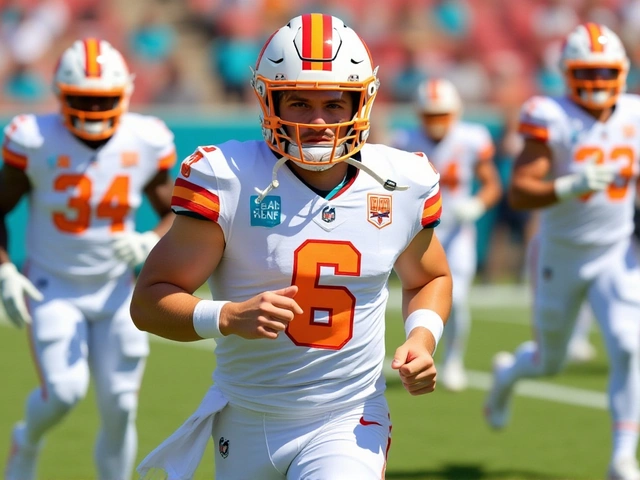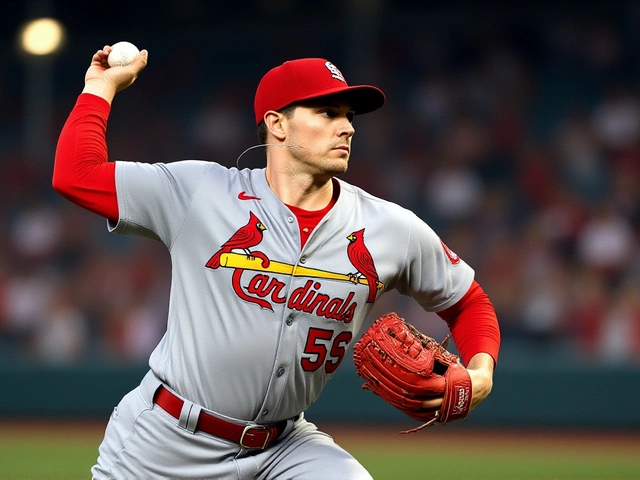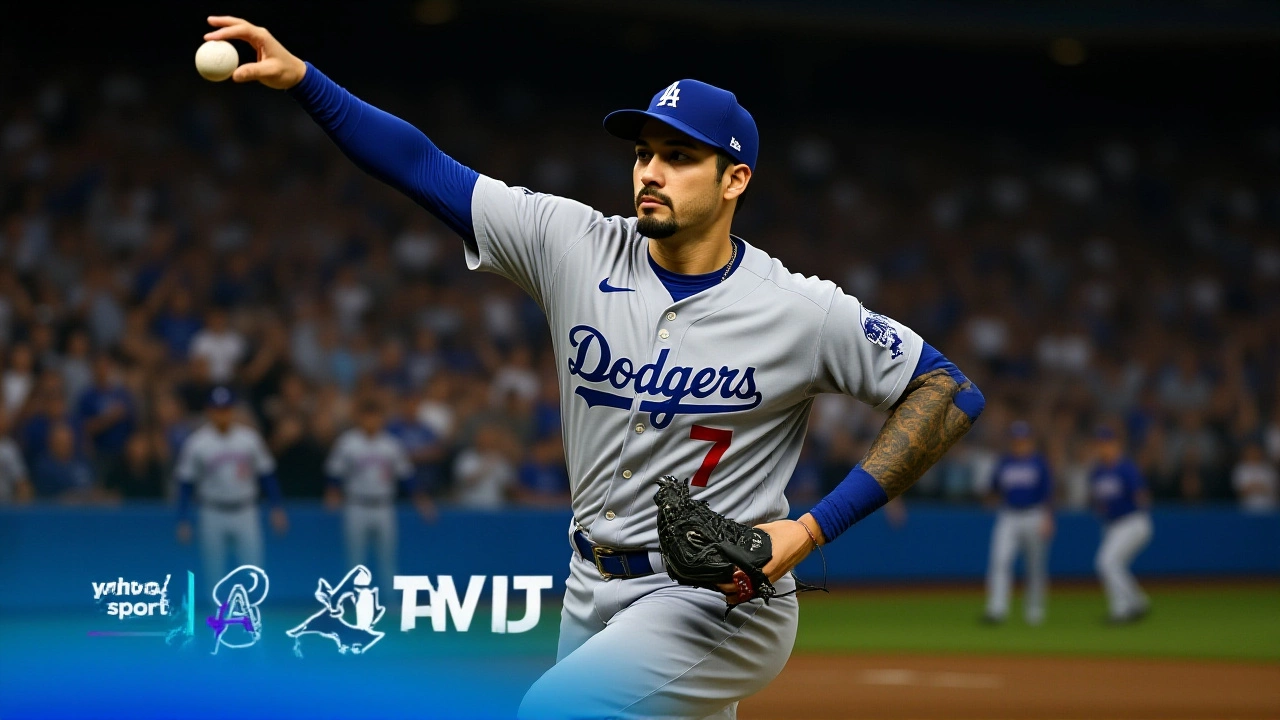
When Shohei Ohtani, designated hitter and pitcher for the Los Angeles Dodgers took the mound on Friday, October 18, 2025, at Dodger Stadium, he delivered a performance that will be talked about for decades. The 31‑year‑old Japanese‑born phenom pitched six innings, struck out nine and walked just one, then turned the batting order into a home‑run factory, launching three balls — including a 469‑foot rocket that landed in the parking lot. The 5‑1 win completed a four‑game sweep of the Milwaukee Brewers in the National League Championship SeriesDodger Stadium, Los Angeles, clinching the Dodgers’ 25th National League pennant and a berth in the World Series.
The Game That Redefined Two‑Way Play
Right from the first pitch, Ohtani was as relentless as a freight train. He walked Milwaukee’s leadoff man, Brice Turang, but then rattled the next three batters with fastballs topping 100 mph and a wicked splitter that left the crowd gasping. In the bottom of the first, he knocked a leadoff home run off Jose Quintana, making him the first pitcher in MLB history — regular season or postseason — to open a game with a homer.
By the third inning, Ohtani was already up to two strikeouts, and the Dodgers’ defense was cruising. The real fireworks began in the fourth when he sent a 469‑foot blast soaring over the right‑field roof. Alex Vesia, the Dodgers’ reliever, later described the shot as "something you could not conceive that a person could hit a baseball in a game that far… it felt like 1,000 feet." A second homer followed in the sixth, capping a 3‑for‑4 night at the plate.
When the final out was recorded, the box read six innings, nine strikeouts, one earned run, and three homers. The stat line read like a fantasy‑football dream, and the stadium erupted in a chorus that blended cheers with disbelief.
How Ohtani Dominated on the Mound and at the Plate
Pitching stats alone were impressive: 6.0 IP, 9 K, 1 BB, 1 ER on four hits. But the offensive surge added another layer. Ohtani drove in four runs, scored three, and his three home runs accounted for 75 % of the Dodgers’ offense that night. A quick look at the numbers shows why the performance will sit in the record books:
- Three home runs in a postseason game — a feat previously achieved only by a handful of hitters, none of whom were also starting pitchers.
- 467‑foot (officially 469 ft) home run, the longest postseason shot ever measured at Dodger Stadium.
- Six innings pitched with a 1.50 ERA for the series, cementing his status as a genuine two‑way star.
- Nine strikeouts, matching the most by a pitcher who also homered three times in the same game.
- Four RBIs, a personal postseason high.
Baseball analysts are already comparing the night to legends like Babe Ruth’s 1921 three‑homer effort, though Ruth never shouldered the mound. "What Ohtani did is a paradigm shift," said Mike Gorman, senior writer for Baseball America. "He’s rewriting the definition of value in a game that’s been rigid for a century."
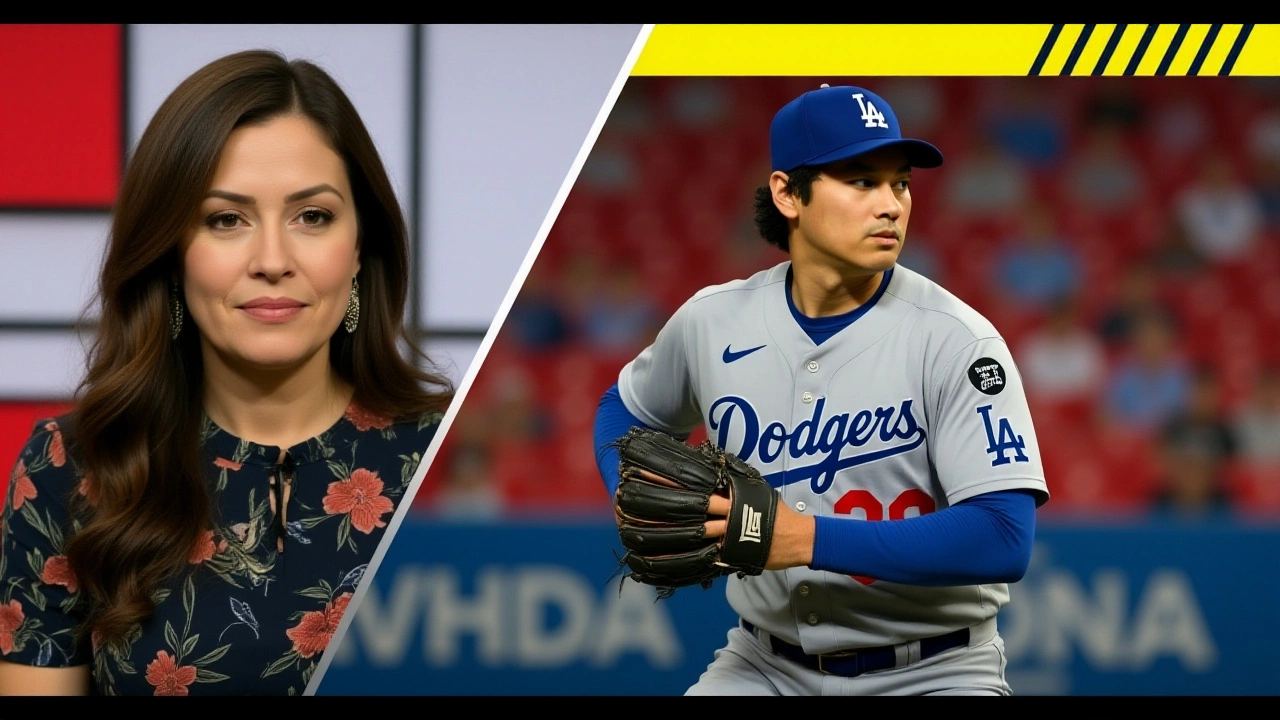
Reactions from the Diamond: Voices of Players and Coaches
Dodgers third baseman Max Muncy could barely contain his excitement. "You guys asked me yesterday, and I said I was expecting nothing short of incredible today. And he proved me wrong. He went beyond incredible," he said, grinning as he taped his cleats after the game.
On the Brewers’ side, veteran outfielder Christian Yelich offered a measured outlook. "We aren't that far. Not as far as it seems. I still believe one day that's going to be us out there... You have to believe that. I do, and a lot of these guys do, too," he told reporters, his tone a mix of frustration and optimism.
Starting pitcher Freddy Peralta reflected on the Brewers’ remarkable season. "Nobody believed in us from day one of spring training because we didn't have the big names and all that. And look, we ended up with the best record in the Major Leagues at the end of the regular season. We didn't make it until the end, but I think it's huge. It taught me a lot, that you don't have to have the biggest names to play and win games," he said, gesturing toward the empty stands.
What This Means for the Dodgers and MLB History
The sweep not only puts the Dodgers into the World Series against the AL champion — a series set to begin on Tuesday, October 21, 2025, at Dodger Stadium — it also cements Ohtani’s legacy as the sport’s first true two‑way superstar. The 25th National League pennant adds another chapter to a franchise that already boasts legends like Sandy Koufax and Clayton Kershaw.
For the Brewers, the loss is a bitter end to a season that began with a 0‑4 start but rebounded spectacularly. They finished 97‑65, the best record in MLB, and posted three winning streaks longer than 10 games (an eight‑game run in May, an 11‑game surge in July, and a record 14‑game streak in August). The NL Central title was theirs for the third straight year, but the NLCS sweep reminds everyone that postseason baseball can be unforgiving.
MLB executives are already debating the broader implications. With Ohtani’s dual‑role success, teams may reconsider how they allocate roster spots, especially under the luxury‑tax constraints that have limited big‑ticket free agents. Some scouts are now scouting high‑school pitchers who also swing a bat, hoping to replicate the "Ohtani model."
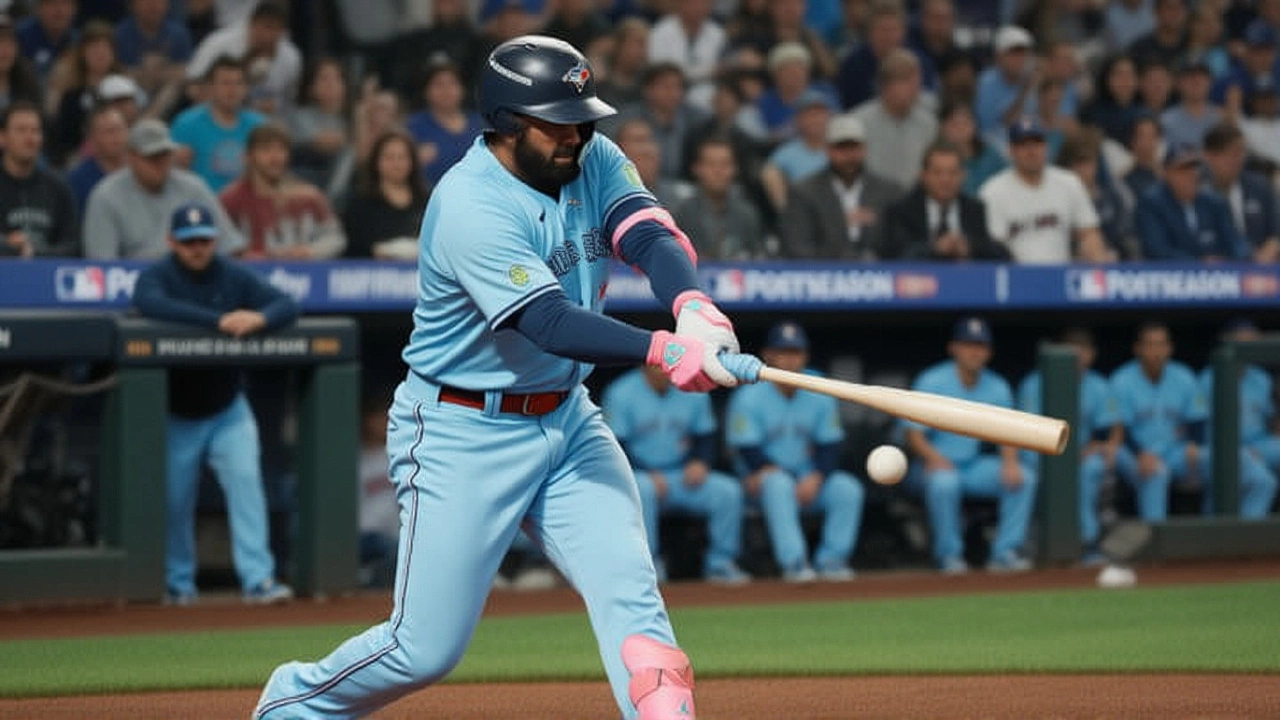
Looking Ahead: World Series Preview
The Dodgers now turn their focus to the American League champion, the Houston Astros, who earned their spot after a dramatic seven‑game ALCS win over the New York Yankees. Both clubs feature potent offenses, but Dodgers manager Dave Roberts believes Ohtani’s two‑way abilities will be the X‑factor.
"We have a guy who can dominate from the mound and then swing a bat like a slugger. That’s a matchup nightmare for any opponent," Roberts said in a pre‑series press conference. Meanwhile, Astros skipper Dusty Baker warned, "Don’t underestimate the Dodgers’ depth. They’ve got talent in every corner, and Ohtani is just the tip of the iceberg."
Fans can expect the World Series to be a showcase of power, pitching finesse, and perhaps more historic moments. If Ohtani repeats even a fraction of Friday’s heroics, baseball could be witnessing the start of a new era where the line between pitcher and hitter blurs.
Frequently Asked Questions
How does Ohtani’s performance affect the Dodgers’ chances in the World Series?
Ohtani gives the Dodgers a true two‑way weapon, meaning they can start him as a pitcher in one game and have him bat in another without losing a roster spot. This flexibility could allow manager Dave Roberts to craft matchups that exploit opponents’ weaknesses, increasing Los Angeles’ odds of winning the series.
What historic records did Ohtani set in NLCS Game 4?
He became the first pitcher in MLB postseason history to hit a leadoff home run, the first to hit three homers in a single playoff game, and recorded the longest postseason home run (469 ft) ever measured at Dodger Stadium. He also logged the most strikeouts (nine) by a pitcher who homered three times in the same game.
Why is the Brewers’ 97‑win season still considered a success despite the sweep?
The Brewers overcame a 0‑4 start, posted three winning streaks of double‑digit games, and captured their third straight NL Central title. Their 97‑65 record was the best in the majors, demonstrating depth and resilience that will likely keep them competitive for years.
Will other teams try to develop two‑way players after Ohtani’s success?
Scouts say the door is now open for more two‑way experimentation. Teams with limited payroll flexibility view a player like Ohtani as a cost‑effective way to fill both pitching and hitting roles, so we can expect more clubs to invest in high‑school or college athletes who excel at both.
What are the key storylines to watch in the upcoming World Series?
Besides Ohtani’s two‑way impact, look for the Astros’ dominant bullpen, the Dodgers’ veteran outfield depth, and the strategic chess match between managers Dave Roberts and Dusty Baker. Pitching matchups, defensive shifts, and the never‑ending debate over "designated hitter" rules in the National League will also shape the series.
